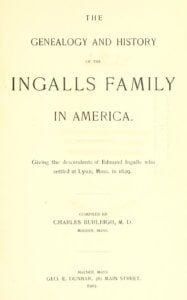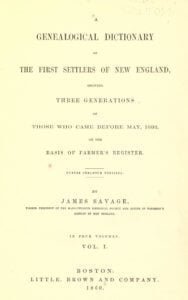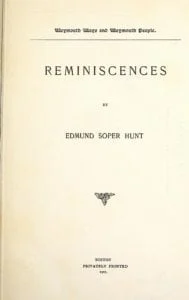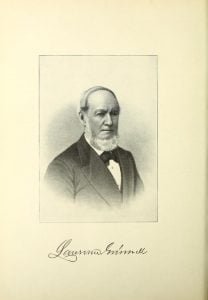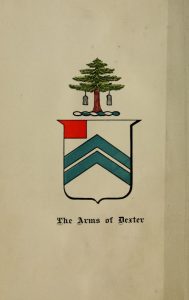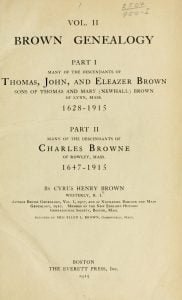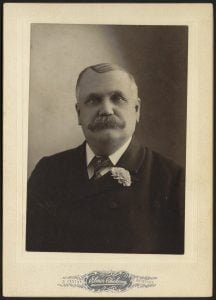Biography of Prof. Charles Russell Paine
Prof. Charles Russell Paine, of Redlands, is a native of Massachusetts, born in Barnstable September 9, 1839, a son of John and Lucy (Crowell) Paine. He is one of a family of six children. He was graduated at Amherst College, and has taught in Maine, Rhode Island, Ohio, Indiana and California. He came to this latter State in 1870 and taught school in Riverside. He also taught the first school in Colton. In 1873 he established a private school in San Bernardino and in 1876 was elected County Superintendent of Schools. He subsequently served as principal of the city schools … Read more

